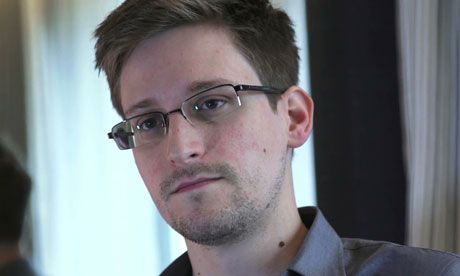Which Odds Makers Will Get today’s College Bowls Wrong?
Again, I am against betting on college sports in the first place. It is unconscionable to put these young people in harm’s way and then to wager money on them.
A more crass perspective is that the odds makers get so much wrong, anyway, that betting on the bowls would be foolish as well as ethically flawed.

A holiday for accuracy
As of day before yesterday, it will be remembered, the odds on yesterday’s football bowls were as follows:
Monday, Dec. 30:
- Middle Tennessee picked over Navy in the Armed Forces Bowl, except when Navy is picked over Middle Tennessee: Final score: Navy 24, Middle Tennessee 6
- #10 Oregon favored over Texas in the Alamo Bowl: Final score: Oregon 30, Texas 7
- Ole Miss favored, somewhat, over Georgia Tech in the Music City Bowl: Final score: Mississippi 25, Georgia Tech 17
- In the Holiday Bowl, #16 Arizona State favored to beat Texas Tech by two touchdowns: Final score: Texas Tech 37, Arizona State 23
That’s four bowl games. As to win-loss, the sports experts and numbers whizzes guiding movement of dollars in places like Sri Lanka got two wrong. That’s a fifty percent error rate. The predictions were wildly wrong on Texas Tech, almost as wildly wrong on Navy.
Even when the odds makers picked the winner correctly–twice out of four tries–they got the depth of the win wrong once–that would be once out of two tries. Oregon’s score and win were substantially underestimated. For the pickers who correctly chose Navy, Navy’s score and win were also under-predicted.
So as of today, nineteen games have been played on the NCAA football bowl schedule. Out of nineteen, six picks have been wrong. Of the winning teams and right picks, six or seven of the favored, depending on how you count them, were favored too narrowly to be realistic. The prognosticators’ ratio has gotten worse since yesterday morning.
Going forward
So–on to the next college bowl games: How will the next picks hold up?
Today’s bowl games:
- AdvoCare V100 Bowl: Arizona favored by about a touchdown over Boston College
- Sun Bowl: UCLA is picked over Virginia Tech
- Liberty Bowl: Mississippi State favored over Rice
- Chick-fil-A Bowl: Texas A&M favored over Duke
As to yesterday’s picks, the tentative hypotheses sketched in yesterday’s post only partly hold up. The most remotely, wildly wrong projection for yesterday’s bowls was that Arizona State would beat Texas Tech. This one was way off in spite of the fact that a lot of people cared about/paid attention to the game (compared to several other bowls), and in spite of the fact that TT (Big 12) and Arizona State (Pac-12) are both members of highly rated conferences. On the other hand, the game between Ole Miss (SEC) and Georgia Tech was competently predicted, bearing out the hypotheses.
Conjecture aside, the Holiday Bowl had downsides and upsides. One plus, among others, was Reginald Davis, with an inspiring biography. He is also from my late parents’ tiny home town (mispronounced on air), although the only time I have been back to Tenaha in recent years was for my mother’s funeral. (Law enforcement personnel in Tenaha, Texas, were in the news in a much less joyous context recently, to my horror and amazement.)

Davis in high school
On the down side, Tre Porter was injured, out with a concussion. I hope Texas Tech does everything it can for his recovery.

Porter helped off field after concussion
Meanwhile, the Holiday Bowl is sponsored by online National University, one of the numerous digital diploma mills proliferating in the U.S. Another example of cognitive dissonance in the news media: on one hand, we have a torrent of news stories about tech surveillance by the NSA, CIA, and the military-technological-industrial conference over-all, particularly after the document conveyances by Edward Snowden. On the other hand, we have a torrent of digital universities–and of traditional universities pushing to get more online all the time. No thought or fear of the inevitable loss of privacy in cyberspace is allowed to intrude on the commerce of getting money from students and parents. One by-product of reverencing all that is ‘digital’ is that faculty are ever more reduced in the university big picture. Another is that our students are losing more and more of the social interaction with faculty that they come into college desperately needing. Mammals, including humans, are social creatures. These are larger topics for another time. For now, it is worth pointing out that anyone who knows the word ‘keystroke’ should know that there is no guarantee of privacy or of secure information in getting your education online. The headline focus on Snowden has not yet illuminated this point.
Today’s question: Who will get today’s bowls wrong?
More to come.















